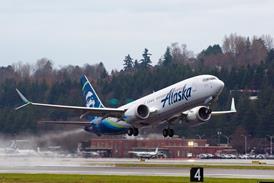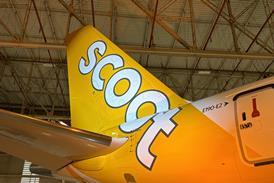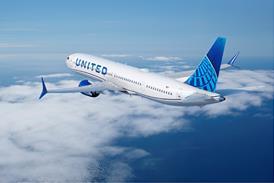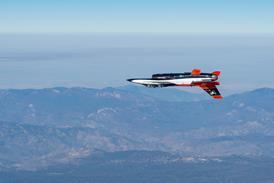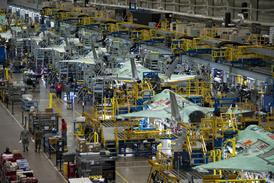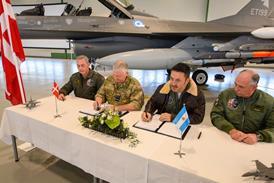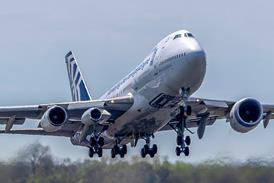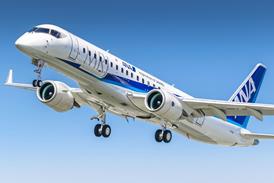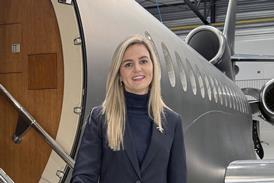Boeing will form a joint venture with automotive seating supplier Adient to develop a new line of seating for aircraft cabins, addressing a critical gap in supplier capacity as the industry continues to ramp-up production through at least 2020.
“Seats have been a persistent challenge for our customers, the industry and Boeing, and we are taking action to help address constraints in the market,” says Kevin Schemm, Boeing senior vice-president of Supply Chain Management, Finance and Business Operations.
The relationship between Adient and Boeing has been building for about five years. In 2013, then-Boeing Commercial Airplanes chief executive Ray Conner joined the board of automotive seating supplier Johnson Controls, which was rebranded as Adient in 2016. The appointment for Conner came just before a dearth of capacity in the aircraft seating industry briefly paralyzed aircraft deliveries for Boeing.
In the meantime, Boeing also formed a relationship with aircraft seating start-up Lift by Encore. Working with Boeing engineers and designers, the California-based company introduced a new line of seats for the 737 Max. Conner also testified in 2016 in the US House of Representatives on the need to de-regulate aircraft seating, but his calls went unheeded by Congress and the US Federal Aviation Administration.
Boeing also announced forming a partnership with Adient in March 2017, as the automotive supplier worked to gain insight into airworthiness regulations for aircraft seats. That partnership led to the unveiling of the Kaiserslautern, Germany-based Adient Aerospace joint venture on 16 January.
"Adient has a strong set of transferable competencies that will offer a unique opportunity to create value for our company and for Boeing, our shareholders and the broader commercial aircraft market," says Adient chief executive Bruce McDonald.
Adient Aerospace becomes a rare example of a Boeing-involved joint venture. Boeing also partnered with Aviation Partners in 1998 on a joint venture to design and build winglets for commercial aircraft and Boeing Business Jets, but the airframer generally prefers to acquire companies rather than form joint ventures.
But the new joint venture comes as Boeing focuses on in-sourcing key products as a lesson learned from the 787 experience, when breakdowns in an extended supply chain contributed to that programme’s lengthy and costly delays in development.
Source: Cirium Dashboard

